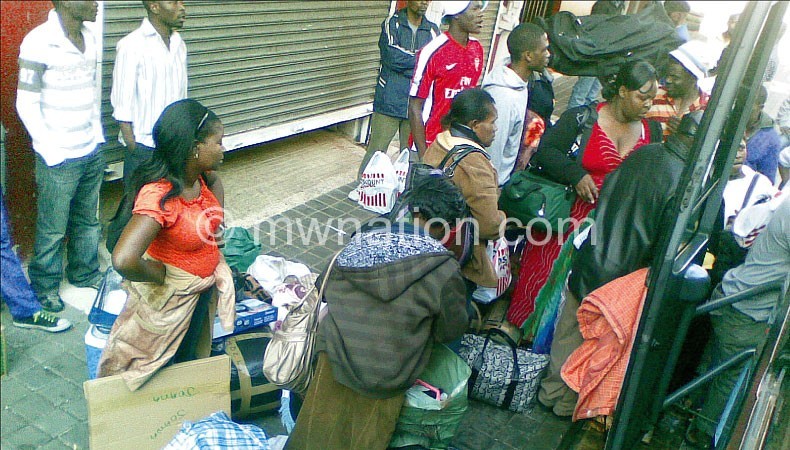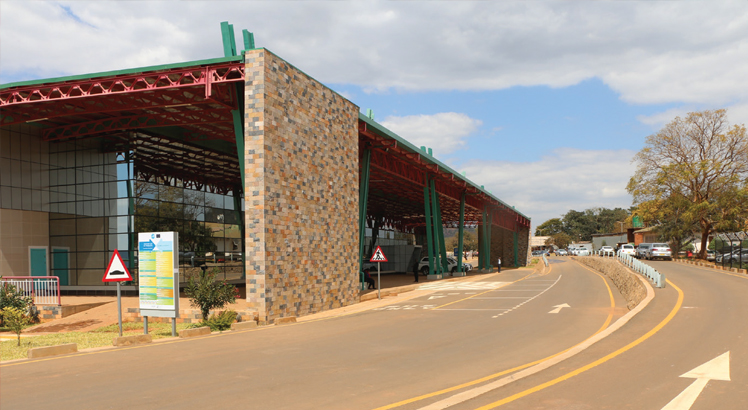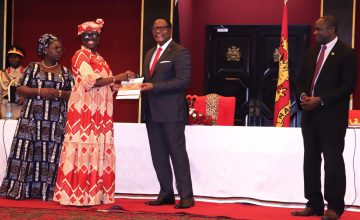Border tax unfriendly to business—MCCCI
The Malawi Confederation of Chambers of Commerce and Industry (MCCCI) has bemoaned the country’s border tax regime, which it says is not favourable to the business community, especially cross-border traders.
MCCCI president Newton Kambala in an interview on Wednesday cited a number of trading arrangements which he said complicate the process for both importers and exporters.
“Currently, the tax regime in Malawi is not easy to understand. Efforts to align rates to other countries to which Malawi belongs in the various regional groupings are commendable.
“However, the existence of a number of trading arrangements complicate the process for exporters and importers alike. A business then ends up incurring costs which could otherwise not have been incurred if things were the other way round. That is why, the Tripartite Free Trade Agreement (Tfta) is important in harmonising these rates,” he said.
Kambala said in the long run, “the relatively high use of imported material coupled with other factors that characterise the operating environment such as energy issues and high cost of finance already reduce competitiveness of products against those of other countries produced with relatively lower costs.

“This is because these costs should, under normal circumstances, be reflected in the final product. Therefore, any additional cost coming from border posts proliferates this cost and works negatively against business growth.”
Kambala explained that there is need for Malawi to learn from other countries ahead of it, citing Malawi’s missing in the top 10 Common Market for East and Central Africa (Comesa) rankings in 2015 as a cause for concern.
He said that schemes that are available to promote local manufactures, for instance, the industrial rebate scheme have been facing implementation challenges, saying: “In cases where enterprises whose produce is deemed to have otherwise qualified for the scheme but its imported raw materials are subject to border costs, the scheme’s lucrativeness is, in that instance, not complete.”
In the Malawi 2015 Business Climate Survey report, businesses in the country singled out the high level of border taxes as a major obstacle to doing business.
According to the report, local firms felt government’s existing policies on import and export need to be reviewed to be more lucrative to manufacturers and traders.
The report also said inspite of available schemes such as the Industrial Rebate Scheme, Malawian products hardly compete on the basis of price in foreign markets, especially for manufactures using imported raw materials.
Last August, the Malawi Revenue Authority (MRA) came under fire for introducing tax incentives that do not benefit Small and Medium Enterprises (SMEs).
MRA deputy commissioner for technical and domestic taxes Rainnie Vokhiwa said the tax collector had introduced a number of tax incentives to stimulate the growth of businesses and the economy as a whole, singling out the reduction of excise duty from 110 percent to 80 percent on passenger-carrying vehicles under tariff heading 87.03 exceeding 12 years of age with cylinder capacity of (CC) exceeding 3 000 as some of the measures.
Results of a recent paying taxes survey jointly conducted by the World Bank and PricewaterhouseCoopers (PwC) ranked Malawi 102 out of 189 economies in the overall paying taxes index which focuses mainly on the administrative efficiency of the tax system and the overall burden imposed on businesses as measured by the total tax rate. n





